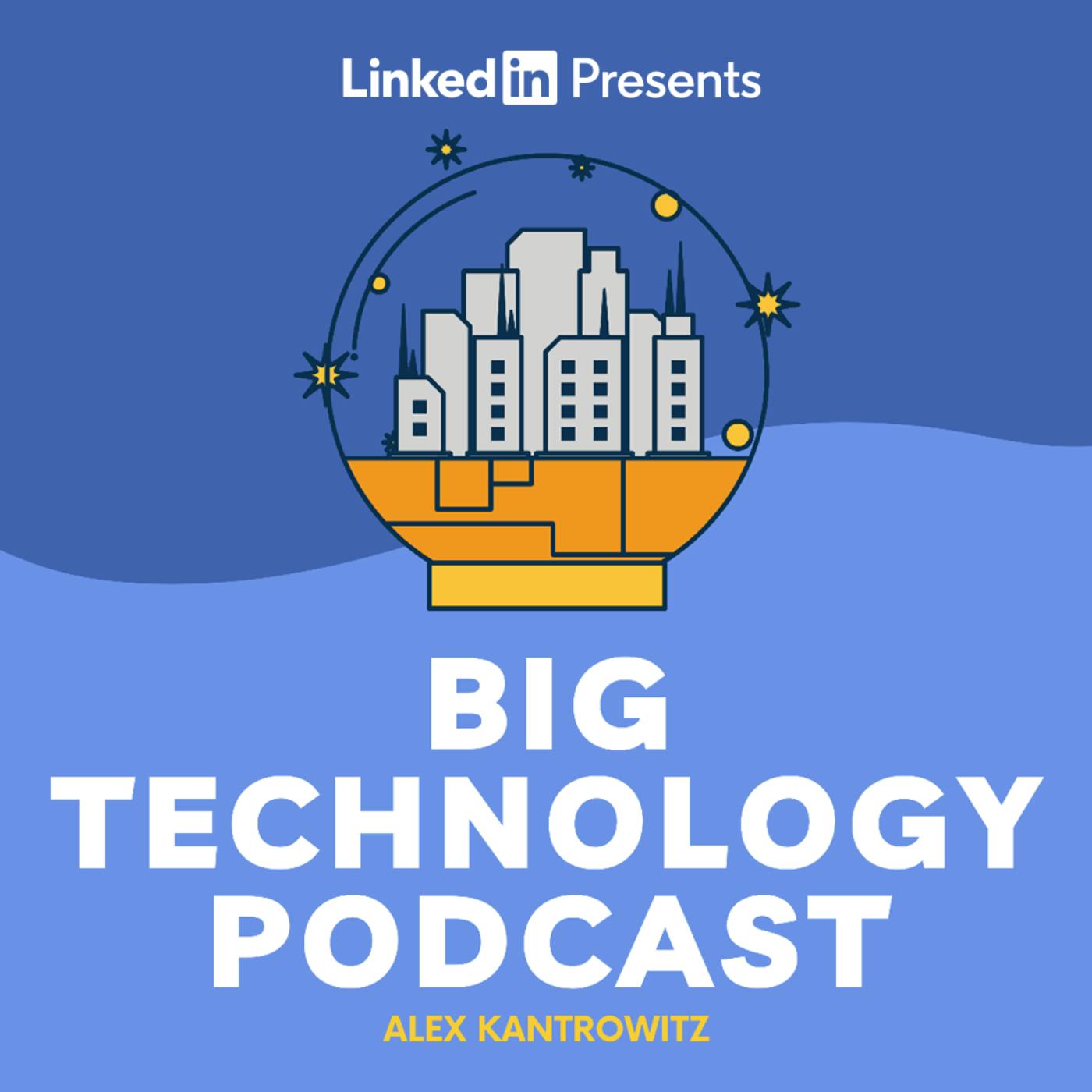
AI Predictions for 2025: Geopolitics, Agents, and Data Scaling — With Alexandr Wang

Big Technology Podcast
Deep Dive
What are the key geopolitical shifts predicted in AI by 2025?
By 2025, the geopolitical focus in AI will shift from a U.S.-China arms race to a competition over which country's AI systems become the global standard. The U.S. and China will vie for dominance in exporting adaptable AI technologies worldwide, with many countries caught in the middle as 'geopolitical swing states.' The U.S. aims to ensure Western AI technology dominates globally to counter Chinese expansionist initiatives like the Belt and Road Initiative.
Why is it important for the U.S. to lead in AI technology over China?
U.S. leadership in AI is critical for national security, particularly in potential conflicts like over Taiwan, where superior AI could provide a decisive advantage. Additionally, U.S. dominance ensures that democratic values, free speech, and open conversation are embedded in the global AI infrastructure, serving as a cultural export that aligns with American ideals.
How does China's approach to AI differ from the U.S., and what are its implications?
China prioritizes rapid deployment of AI for military and surveillance purposes, leveraging its lack of concern for personal data privacy. However, its innovation ecosystem has weakened due to government policies, forcing reliance on U.S. open-source models like Meta's LLaMA. Despite this, China excels at catching up to U.S. advancements, as seen with DeepSeq's replication of OpenAI's reasoning models.
What role will AI agents play in military applications by 2025?
By 2025, AI agents will be actively used in military logistics, data processing, and decision-making. They will optimize complex systems, process vast amounts of battlefield data, and enhance drone autonomy. This shift will increase the lethality and effectiveness of military operations, raising concerns about the ethical implications of autonomous warfare.
How will AI agents impact consumer experiences by 2025?
By 2025, AI agents will begin handling end-to-end workflows for consumers, such as travel planning, calendaring, and personal project management. These agents will operate in the background, automating utility-based tasks and freeing users from repetitive activities. The challenge lies in creating intuitive user interfaces that move beyond the current chat-based paradigm.
What is the significance of data scaling in AI development by 2025?
By 2025, the focus in AI development will shift from solely scaling computational power to equally prioritizing data scaling. High-quality, complex data, such as multimodal and frontier data, will be essential for advancing AI capabilities. Hybrid data approaches, combining synthetic data with human expertise, will become crucial to avoid model degradation and ensure progress.
What are the limitations of current AI models, and how will they evolve?
Current AI models struggle with multi-step reasoning and reliability. Future advancements will focus on improving their ability to handle complex, multi-turn tasks and eventually make autonomous hypotheses and discoveries. However, human expertise will remain essential for guiding models and ensuring accuracy, creating a symbiotic relationship between humans and AI.
How will quantum computing impact AI development?
Quantum computing, though still in its early stages, has the potential to significantly accelerate AI's ability to conduct scientific research in fields like biology, chemistry, and fusion. By 2025, quantum computing could enable AI to solve complex problems in natural sciences, leading to breakthroughs in areas that are currently difficult to model or understand.
Shownotes Transcript
Alexandr Wang is the CEO and co-founder of Scale AI. He joins *Big Technology Podcast *to share his predictions for AI in 2025, including insights about emerging geopolitical drama in the AI field, AI agents for consumers, why data may matter more than computing power, and how militaries worldwide are preparing to deploy AI in warfare. We also cover quantum computing and why Wang believes we're approaching the current limits of what massive GPU clusters can achieve. Hit play for a mind-expanding conversation about where artificial intelligence is headed and how it will transform our world in the coming year.
Enjoying Big Technology Podcast? Please rate us five stars ⭐⭐⭐⭐⭐ in your podcast app of choice.
For weekly updates on the show, sign up for the pod newsletter on LinkedIn: https://www.linkedin.com/newsletters/6901970121829801984/
Want a discount for Big Technology on Substack? Here’s 40% off for the first year: https://tinyurl.com/bigtechnology
Questions? Feedback? Write to: [email protected]